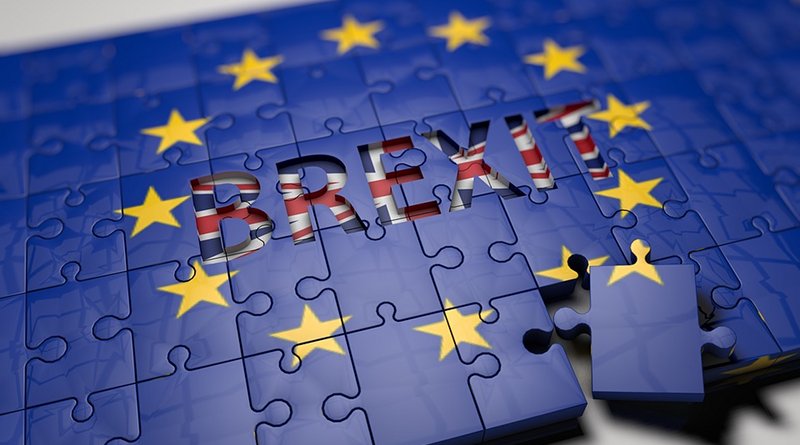No Breakthrough In Brexit Stalemate, Admits Barnier
By EurActiv
By Benjamin Fox
(EurActiv) — The stalemate on EU-UK trade talks remains unbroken, both sides conceded on Friday (5 June), with the EU again accusing London of attempting to back-track on the commitments made in the Withdrawal Agreement that took the UK out of the bloc in January.
“I have to tell the truth…there has been no significant breakthrough,” Michel Barnier, who leads the European Commission’s Task Force on Future Relations, told reporters.
His UK counterpart, David Frost, was slightly more upbeat, commenting that “progress remains limited but our talks have been positive in tone.”
However, there is no sign that negotiators will be throwing in the towel, with face-to-face rounds planned for late June or early July, following a high-level meeting in mid-June between Prime Minister Boris Johnson and Commission President Ursula von der Leyen to take stock of the state of talks.
Both sides complained that holding talks online – which has been a necessity since the coronavirus pandemic spread across Europe in mid-March – had hindered progress.
“We are close to reaching the limits of what we can achieve through the format of remote formal rounds,” said Frost.
The June meeting had been earmarked as a decisive point in the negotiations, when both sides were to access whether a deal will be possible before the UK leaves the Single Market on 31 December.
Johnson insists that he will not request or agree to extend the talks, though Barnier again hinted that the EU would be open to a “one- or two-year” extension in order to avoid future EU-UK trade being conducted on World Trade Organisation Terms, involving hefty tariffs on many goods.
After four week-long rounds, little progress has been made on the main dividing lines. The UK remains wedded to a zonal approach on fisheries that would significantly reduce access of European vessels to UK waters.
The EU, for its part, has complained of little movement by the UK on the so-called ‘level playing field’ or on future governance.
“I don’t think we can go on like this forever,” said Barnier, adding that 31 October was the latest date for agreeing a legal text on a new trade pact.
It seems likely that it will be up to the German presidency of the EU Council to break the logjam in the second half of the year.
On Tuesday, Michael Clauss, Germany’s EU ambassador, told a European Policy Centre event that a deal was possible but that the UK would have to take a “realistic approach”.
Barnier accused London of reneging on the Political Declaration, which he described as “the only relevant precedent in this negotiation”, a nod to British complaints that its trade demands are based on the precedents in the EU-Canada trade pact.
“Round-by-round our British counterparts try to distance themselves from the Political Declaration,” said Barnier, who added that the UK had already agreed in the Declaration to maintain ‘robust standards’ on regulation and state aid.
“We are today very far away from this objective,” he stated.
Barnier added that the two sides were still far apart on nuclear safety and anti-money laundering, and that “in all areas, the UK is seeking to backtrack on things it has committed to in the Political Declaration,” he said.
Future rounds over the coming weeks are set to focus purely on matters pertaining to future EU-UK trade, as well as on the implementation of the Northern Ireland protocol which will govern trade. Co-operation on foreign policy, development and defence, all of which were on the UK’s wishlist, have not been discussed at all.

